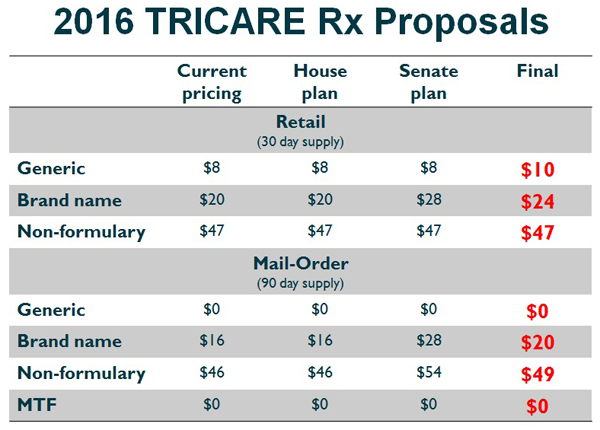Government Is Why the Rent Is Too Damn High by Randal OToole
Rising home prices and apartment rents have been in the news lately, but almost no one is looking at the real causes behind these problems.
Instead, they are proposing band-aid solutions that will do little to help most people afford housing but will greatly benefit special interest groups.
According to the news, Boston, Los Angeles, Miami, New York, Portland, San Francisco–Oakland, San Jose, Seattle, and Washington, DC, among other major urban areas, are all suffering from housing crises. Economists who have studied these regions know why their housing is becoming less affordable.
First, urban-growth boundaries and other land-use regulations in most of these regions have limited the amount of land available for new housing. Urban planners say these regulations are needed to control the externalities caused by urban sprawl.
However, as New Zealand’s Deputy Prime Minister recently noted in a speech about a similar housing crisis in Auckland, urban planning itself “has become the externality” that is making housing the most expensive.
Second, in many of these regions — specifically, Los Angeles, New York, San Francisco-Oakland, San Jose, and Washington — rent control has only made housing less affordable for everyone not lucky enough to live in a rent-controlled apartment.
Even though some of these cities exempt new developments from rent-control rules, developers know that such exemptions could be eliminated at any time and are wary of investing in new housing.
Many of these and other cities have also passed “inclusionary zoning ordinances” that force developers to sell or rent 10 to 20 percent of the new housing units they build at below-market rates, which both discourages new development and increases the cost of the market-rate units that are built.
Although these problems are obvious to anyone who understands the rudiments of supply and demand, they are almost completely ignored by politicians, housing officials, and low-income housing advocates.
Instead, the almost exclusive focus is on building government-subsidized (or, in the case of inclusionary zoning, developer-subsidized) housing. Yet this does nothing to solve the problem for the vast majority of homebuyers and renters.
California has the nation’s second-least affordable housing (after Hawaii), and probably has some of the most aggressive subsidized housing programs. Yet a recent report from the state legislative analyst’s office found that these programs have produced only about 7,000 subsidized housing units per year, or about 5 percent of new housing.
In a state that has nearly 14 million homes and apartments, adding 7,000 subsidized units per year will have no measurable influence on overall prices, especially in the face of growth boundaries and other factors that make housing expensive.
So why is so much emphasis placed on a policy that won’t work while a policy of deregulating land markets is ignored? The answer is that long-standing federal subsidies to housing have created an affordable-housing-industrial complex that thrives on subsidies in unaffordable housing markets and whose reason for existence would be severely diminished if those markets were deregulated.
Take, for example, Enterprise Community Partners (ECP), whose mission (as described on its IRS Form 990) is “to create opportunities for low and moderate-income people through affordable housing.”
ECP is heavily funded by your tax dollars to promote affordable housing, getting much of its tax support through Section 4 of the HUD Demonstration Act of 1993, which specifically designates ECP as a grant recipient.
Enterprise Community Partners has certainly found the business of promoting a few units of affordable housing, as opposed to making all housing more affordable, to be quite lucrative, at least for many of its staff.
According to its tax form, only a quarter of the organization’s $58 million annual expenses went to grants aimed at making more affordable housing, while 62 percent went for salaries, benefits, and professional service contracts. (The rest went for things like conferences, travel, rent, and office expenses.)
More than two dozen of its staff members earned more than $200,000 in salaries and benefits in 2013. The United States of America gets along with just one vice president; ECP has sixteen of them, half of whom make more than the $230,700 per year taxpayers pay to Joe Biden.
The organization’s tax form also admits that it spent nearly $600,000 on lobbying in 2013. Thus, groups like ECP that focus on creating a few units of affordable housing, while they ignore the real problem, become self-perpetuating. They use taxpayer dollars lobby to continue their tinkering at the edges of affordability while they and the people who listen to them do nothing about the overall affordability problem in regions with strict land-use regulation and rent control.
This post first appeared at Cato @ Liberty.
Randal O’Toole is a Cato Institute Senior Fellow working on urban growth, public land, and transportation issues.

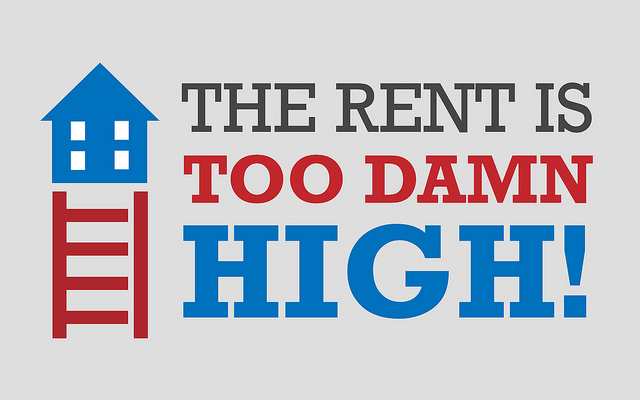

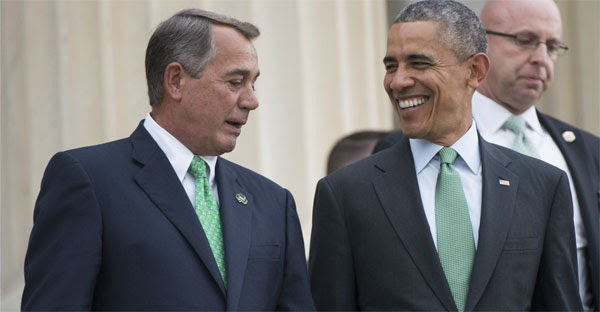



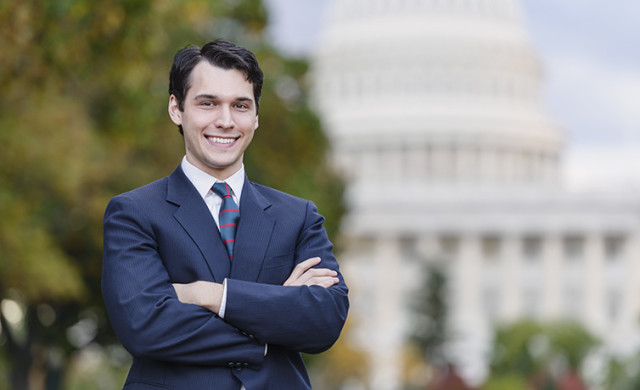







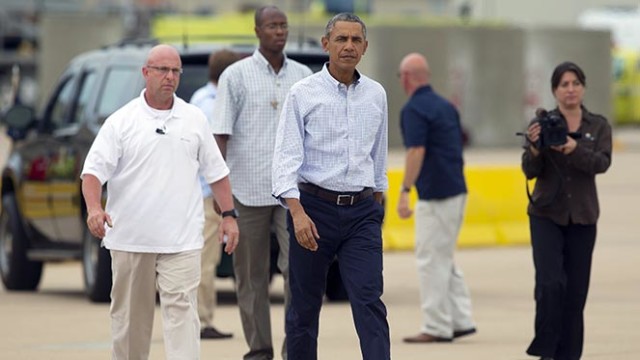

 ABOUT DR. KAREN WALBY
ABOUT DR. KAREN WALBY






